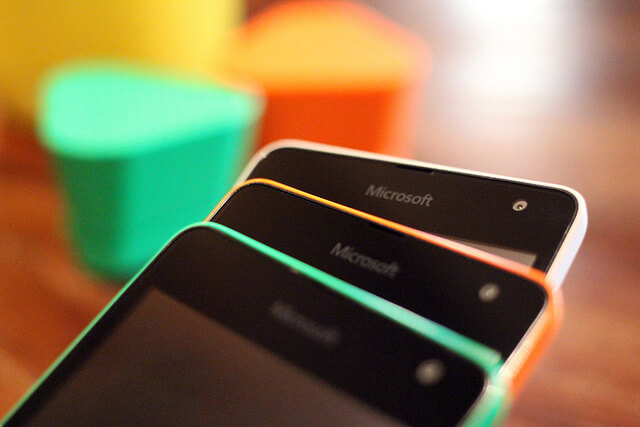The global prominence of Arabic languages has had a boost in the last few days, due primarily, to Microsoft Translator’s introduction of Levantine Arabic to its list of languages available for speech translation.
Levantine, an Arabic dialect, spoken by over 32 million people in countries such as Jordan, Syria, and Lebanon, is the 11th spoken language that Microsoft Translate have made available using their AI powered speech translation.
Microsoft claim it will assist educators, travellers and charity organisations who need to overcome language barriers, and can be used with Skype, person-to-person, or for presentations.
Since Levantine is a spoken language that is rarely written, it lacks the large amount of data required to produce a machine translation. As with any AI system, without the appropriate amount of data to train the neural machine translation model, the system won’t be able to produce translations that are good enough for real-life use.
However, Microsoft researchers developed a method which uses monolingual data to train a system for any spoken dialect. This allowed them to build a working Levantine to English translation system despite the lack of parallel data.
Hany-Hassan Awadalla, Microsoft’s Principal Research Scientist said “We adapted a system trained on standard Arabic-to-English translation to be used on a spoken Arabic dialect (Levantine) using only monolingual data of the spoken dialect. We developed an approach to generate synthetic parallel data from monolingual data.”
Microsoft recently worked with youth organisations to create an AI powered solution linking youngsters affected by Syrian and Iraqi conflicts with educational resources. Their goal is to enable conflict-affected youth to discover and access learning resources anywhere and at any time.
The addition of Levantine Arabic will give the opportunity for learners to access information in their native tongue, meaning they can utilise online courses and remote mentoring in a way that is most comprehensible to them.
Frequent travellers should also benefit from the introduction of Levantine Arabic to the Microsoft Translate range; the ability to use the system on mobile devices such as, smartphones or tablets, is ideal for those who are looking for an instant translation in order to get directions, ask for advice or simply to interact with native speakers.
Using the Translator app’s live conversation feature, users can have live, real-time conversations with people who speak other languages, on their own device, in their chosen language. This is not limited to two devices, or two languages, but can be used for up to 100 devices, 60 written languages, and 11 spoken dialects.












